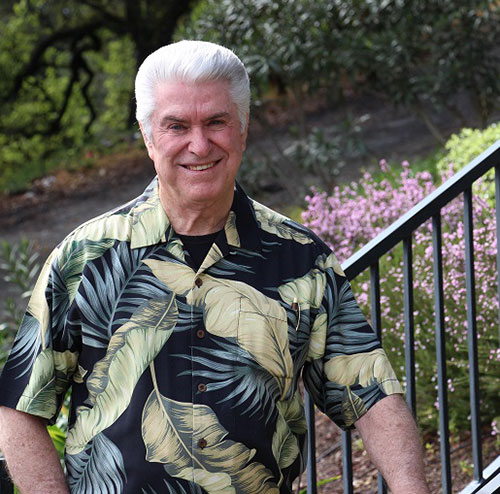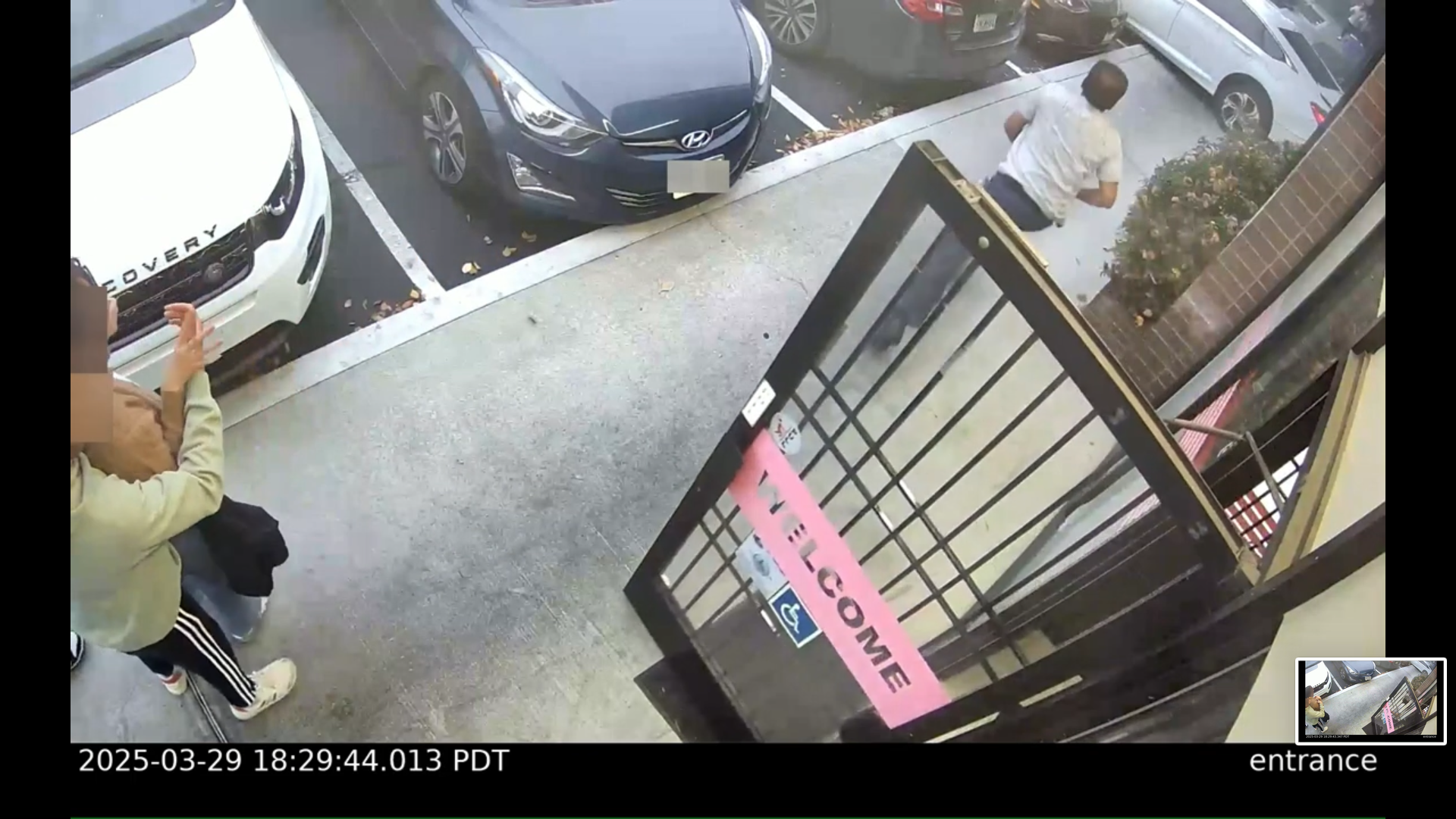

Eric Wallace knew something was wrong on the days before Christmas in 2014. He felt faint and often needed to sit down quickly.
The 30-year Kaiser Permanente member had never been hospitalized – so at first he ignored the red flags.
“Real men don’t go to the ER,” he joked.
But that’s exactly where Wallace, 71, found himself that winter, as his heart rate shot up as high as 180 beats-per-minute, more than double its normal rate.
The physically active financial adviser was increasingly worried; especially when a trip to Mexico ended with dizziness and nausea, necessitating a wheelchair ride to and from the plane home.
His primary care physician at the Kaiser Permanente’s Gilroy medical center diagnosed as his condition atrial fibrillation, commonly called an irregular heartbeat. Wallace received medication to stabilize his heart and the care he described as “unbelievably great.”
He also got a quick referral to Kaiser Permanente’s Santa Clara Cardiac Specialty Care Center.
Led by Charlie Young, MD, chief of Cardiac Electrophysiology for Kaiser Permanente Northern California, the Santa Clara center consults with 150 Kaiser Permanente cardiologists throughout Northern California on a daily basis about patient diagnosis and treatment.
Dr. Young and the team of 17 – physicians, nurses, technologists, and physician assistants – care for about 30 patients referred to them every week for procedures.
In April 2015, Eric Wallace was one of them.
Right People, Right Procedure, Done Right
Wallace successfully underwent an ablation, a minimally invasive procedure where flexible wires are inserted into a patient’s groin or neck veins and threaded up into the chambers of the heart. The electrodes’ wires use heat to destroy the heart tissue causing the irregular heartbeat.
Wallace is thrilled with his complete recovery and remembers the attentive care he got from his medical team.
“I felt like they were doing everything they could to identify what was going on and to offer options instead of just putting in a pacemaker,” Wallace said. “The concern for me from every single person was so clear.”
“Patients feel like they get very quick service with highly experienced specialists in the field,” said Dr. Young, who has been providing cardiac care for 28 years. “Our integrated system makes sharing of expertise so easy. Over the years we have collaborated with local universities in clinical research and in training more than 40 fellows, many of whom now practice in the Bay Area.”
Dr. Young added that Kaiser Permanente Santa Clara was one of the first hospitals in California to acquire a Niobe Magnetic Navigation System, high-tech equipment that enables non-invasive procedures to replace many of the major open-heart surgeries of the past. Currently, the team gets single-procedure success in nearly 90 percent of its early atrial fibrillation cases.
Two years after his own procedure, Eric Wallace’s heart rate is now stable and the dizziness is gone. He is back doing what he loves: traveling with wife Carolyn, helping his clients and exercising at a gym near his Morgan Hill home.
And he doesn’t need ongoing medication. “People often aren’t able to get off blood thinners like I did,” he said. “I had the right people selecting the right procedure and doing it right. My care team at Kaiser Permanente gave me my life back.”
Caption: Kaiser Permanente Northern California members with complex cardiac illnesses, such as Eric Wallace (pictured), have quick access to a team of highly experienced specialists.



